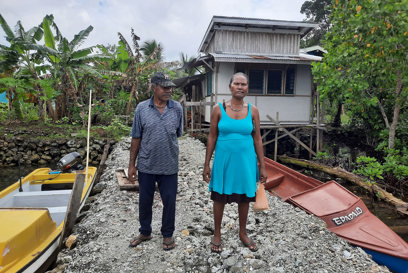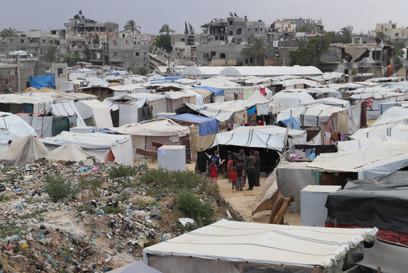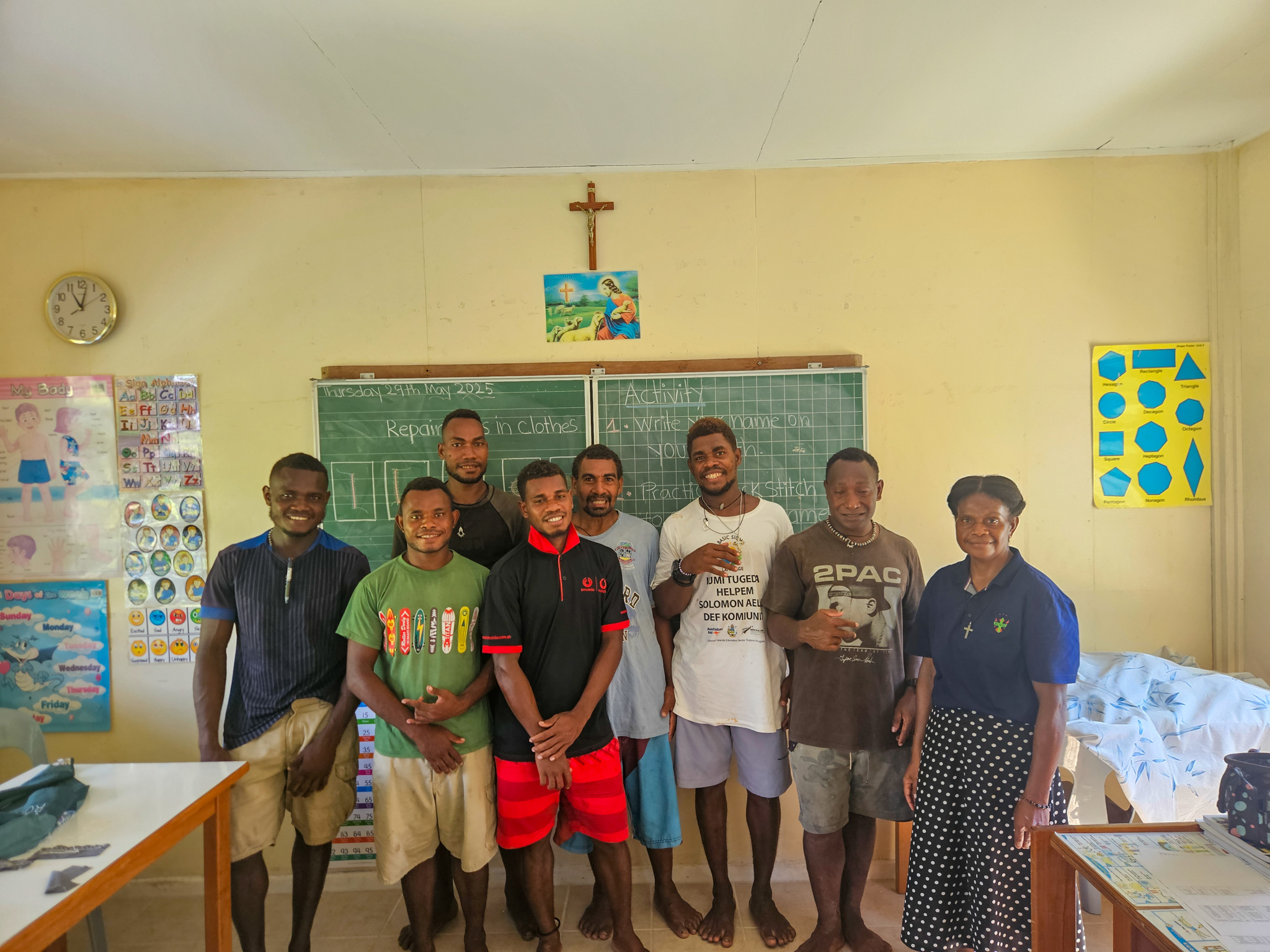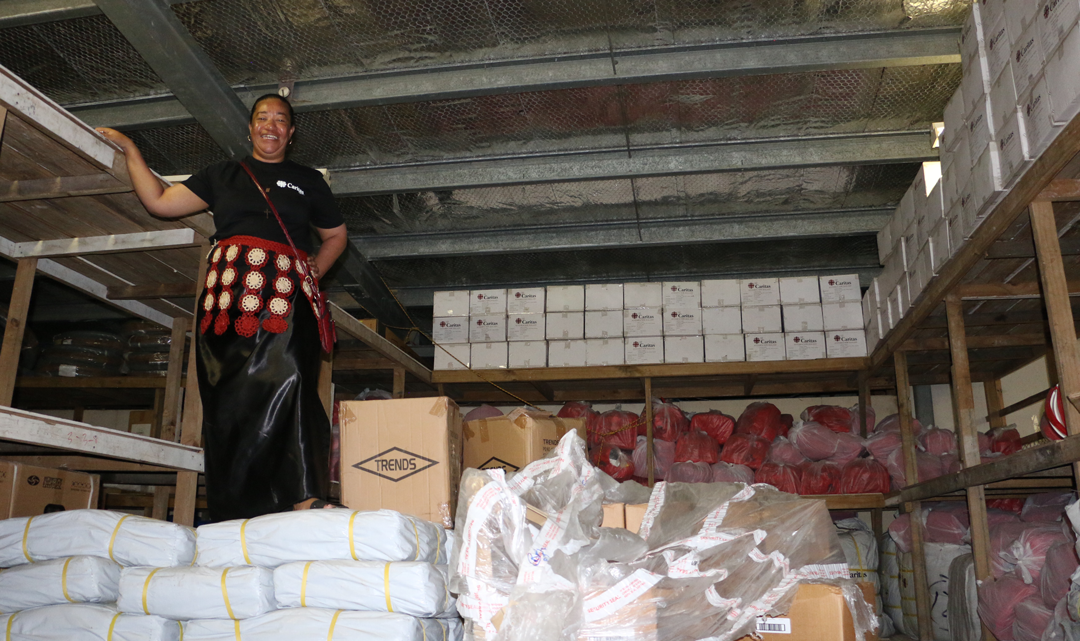In a world marked by conflict, political instability, climate change and economic hardship, more than 122 million people have been forcibly displaced from their homes – the highest number ever recorded. Behind this staggering figure are real people facing unimaginable loss and uncertainty.
Amid these ongoing global crises, we are reminded of the urgent need not only to recognise the struggles of displaced communities, but to stand in solidarity with them. That means listening to their stories, defending their rights and dignity, and working toward lasting solutions to the root causes of displacement.
In a time when fear and division often dominate headlines, we are called to act with justice, compassion and shared humanity.
A Global Displacement Crisis
Currently, there are more forcibly displaced people than at any time in recorded history. Conflict, persecution, economic instability and climate change are driving people from their homes in alarming numbers. Yet, as the need grows, global support is shrinking. Humanitarian aid is being cut, leaving millions of lives at risk and communities without the resources they need to survive.
With your generous support and that of our network of global partners, Caritas Australia is working to respond to the urgent needs of refugees through the provision of food, shelter, medical care, education, psychological support and pathways to healing.
Ukraine
As of 2025, Ukraine remains Europe’s largest displacement crisis since World War II. Around 6.9 million Ukrainians have sought refuge abroad – mostly in neighbouring European countries – while 3.7 million remain displaced within Ukraine. In total, over 10 million people have been forced from their homes due to the ongoing war. The humanitarian need is staggering, with one in three Ukrainians (about 12.7 million people) relying on aid for survival.
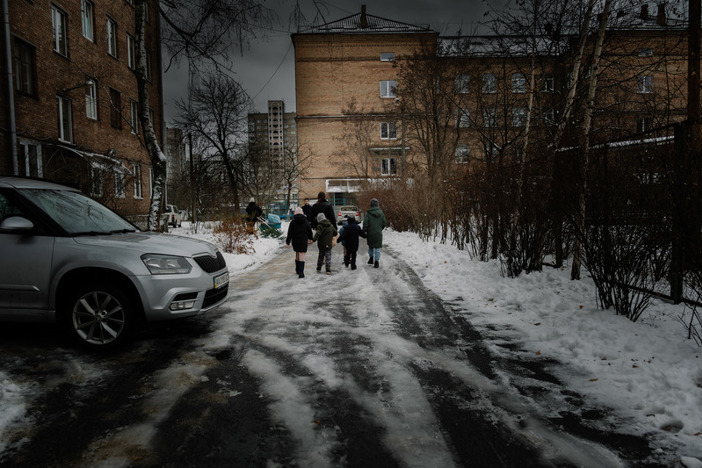
Shelter for children in Ukraine. Photo: Caritas Wien/Elisabeth Sellmeier.
Iryna's story
Iryna, 39, is a mother of two sons – aged 20 and 11 – and a resident of a village in Kherson Oblast, Ukraine, devastated by the war. Once a peaceful farming community, her village now faces 98% destruction.
“We lived here, ran our households… everyone had pigs, cows, we did family farming,” she said. “We sowed grain crops. Always had wheat, but it’s all destroyed. We don’t sow now; the fields are still mined,” said Iryna.
Russian forces entered the village on 17 March 2022. “We saw them coming, with more than two hundred units of equipment,” she recalled. After three months under occupation, her family fled due to unliveable conditions – homes destroyed, services cut off, and livestock killed. “They shot at the cows on purpose… then forced my husband and others to burn them because of the smell.”

Iryna in her village in Ukraine. Photo: Svitlana Dmytrenko/Caritas Australia.
After the village was liberated in September 2022, her husband, father, and eldest son returned to prevent looting, living for six months without electricity or running water. Iryna and her younger son stayed in Dnipro until school ended. Now reunited, her son studies online, as “it’s scary to send a child to school here—with Shaheds and rockets flying.” Her husband, now injured, is unable to work, so she handles most household tasks.
Our partner Caritas Ukraine has been one of the few organisations consistently offering support and humanitarian aid. “Thanks to Caritas for the help,” Iryna said. “There’s hardly any aid now. Only Caritas supports us.”
Despite these challenges, Iryna remains cautiously optimistic.
“We’ll rebuild. It’ll be better than before,” she said.
Gaza
In Gaza, over 1.7 million Palestinians – more than 80 percent of the population – are currently displaced, many having been uprooted multiple times since October 2023. UN reports show families have moved on average six times, often with no safe destination and little access to shelter, food or medical care. In recent weeks alone, more than 280,000 people have been displaced again, including tens of thousands from Rafah. Amid devastated infrastructure and shrinking humanitarian space, the suffering is immense.

Temporary shelters housing people displaced by the conflict in Gaza. Photo credit: CRS.
Displacement across Africa
Across Africa, displacement is reaching catastrophic levels, driven by conflict, climate shocks, hunger and economic collapse. Over 20 million people are currently internally displaced, with 5.6 million more living as refugees or asylum seekers. In Sudan alone, the ongoing conflict has uprooted over 11 million people – the largest displacement crisis globally. In the Democratic Republic of the Congo, over 400,000 have fled violence in North Kivu, while families across Ethiopia, Somalia, and Kenya are being forced from their homes due to drought, floods, and failed crops. Entire communities are being torn apart, and millions are surviving without shelter, clean water, or basic safety – relying entirely on humanitarian aid.
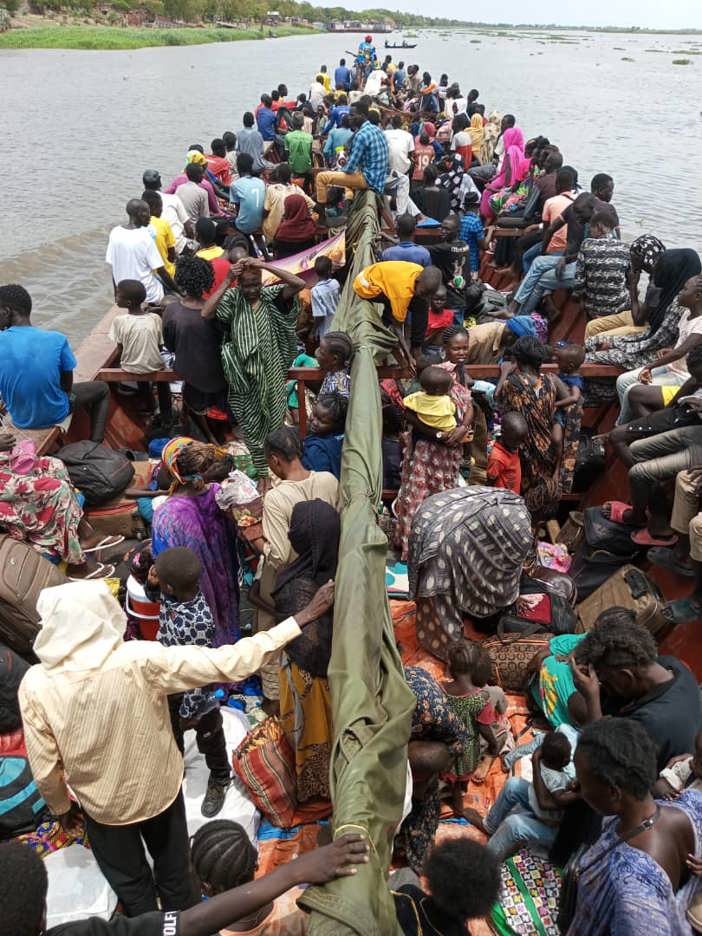
500 people returning to South Sudan via boat as a result of the conflict in Sudan. Photo: Caritas Diocese of Malakal, South Sudan
What is Caritas Australia doing?
Thanks to your generosity and the tireless efforts of our partners, Caritas Australia has been able to respond to some of the world’s most urgent humanitarian crises. Together, we have helped provide critical aid – including food, clean water, hygiene kits, shelter, cash transfers, and psychosocial support – to families affected by conflict, disaster and displacement. Across regions, our partners have distributed essential supplies like blankets, clothing, and mattresses, supported vulnerable households with emergency shelter, and offered cash assistance to help communities meet urgent needs and begin rebuilding their lives with dignity.






